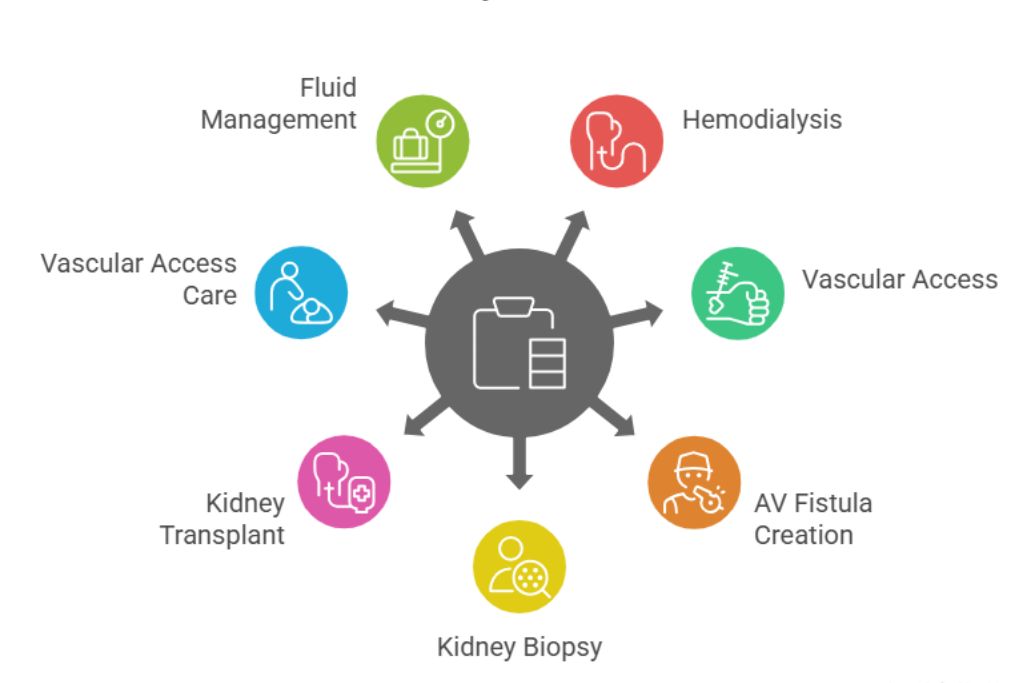What is Electrolyte Imbalance?
Electrolytes are minerals in the blood and body fluids that carry an electric charge, playing a vital role in regulating bodily functions. These include sodium, potassium, calcium, magnesium, chloride, and bicarbonate. An electrolyte imbalance occurs when the levels of these minerals are too high or too low, disrupting normal physiological processes. This condition can range from mild to life-threatening, requiring expert intervention.
As a renal specialist in Gorakhpur, Dr. Arpit Srivastava specializes in managing electrolyte imbalances, often linked to kidney dysfunction, to restore balance and improve patient health.
Electrolyte imbalances can disrupt critical bodily functions, affecting everything from muscle movement to heart rhythm. Proper management is essential to restore balance and prevent complications. As a leading provider of electrolyte imbalance treatment in Gorakhpur, Dr. Arpit Srivastava offers specialized care to diagnose, treat, and prevent these conditions.
+91-7054357996

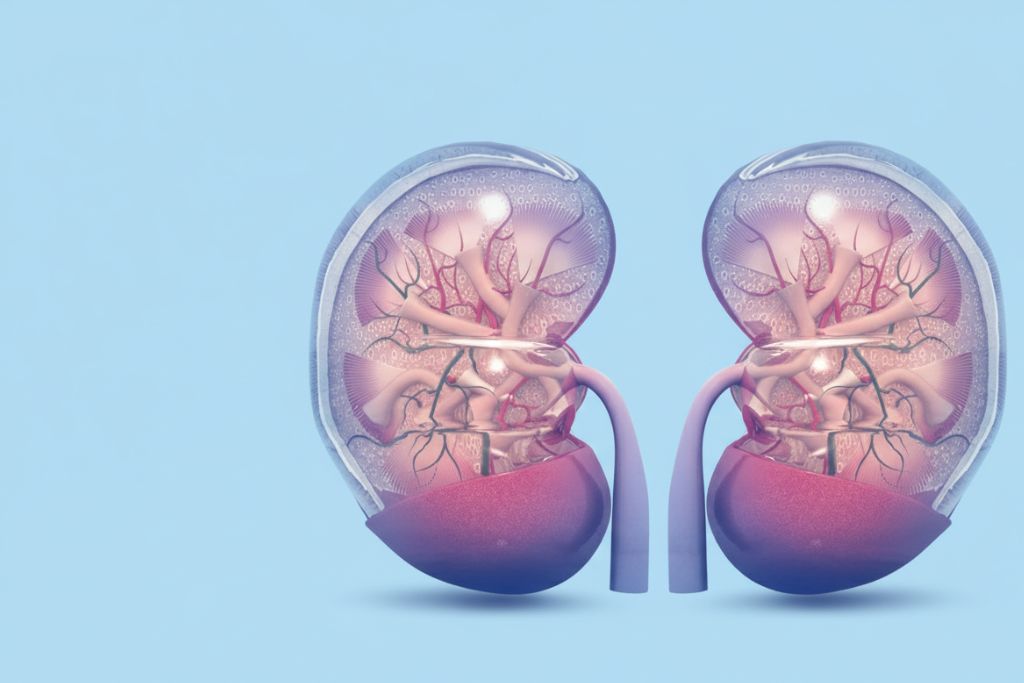
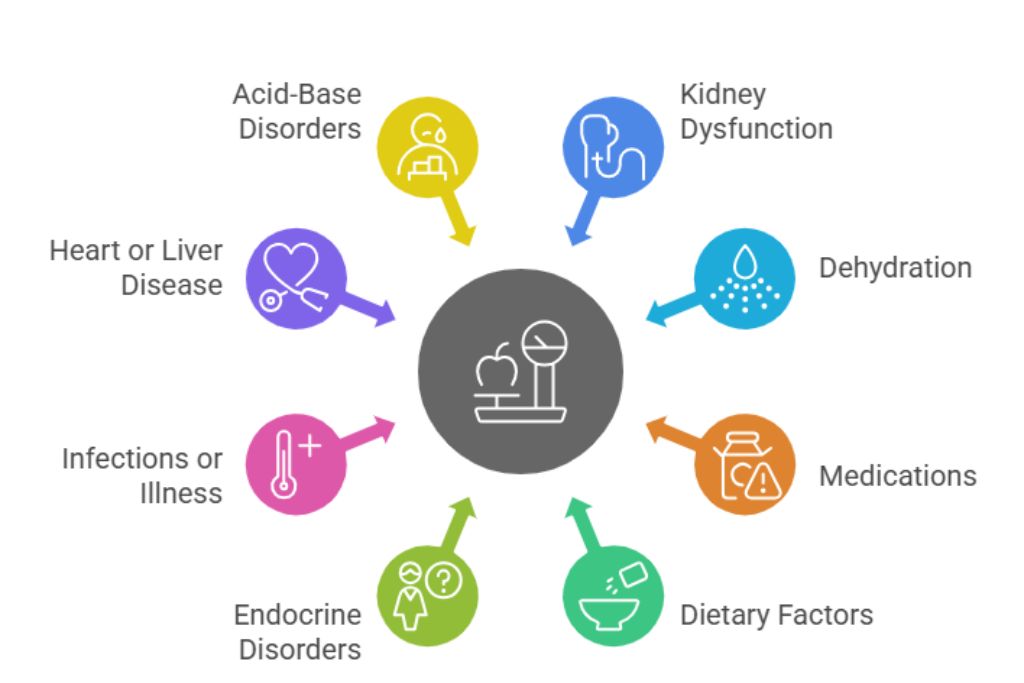
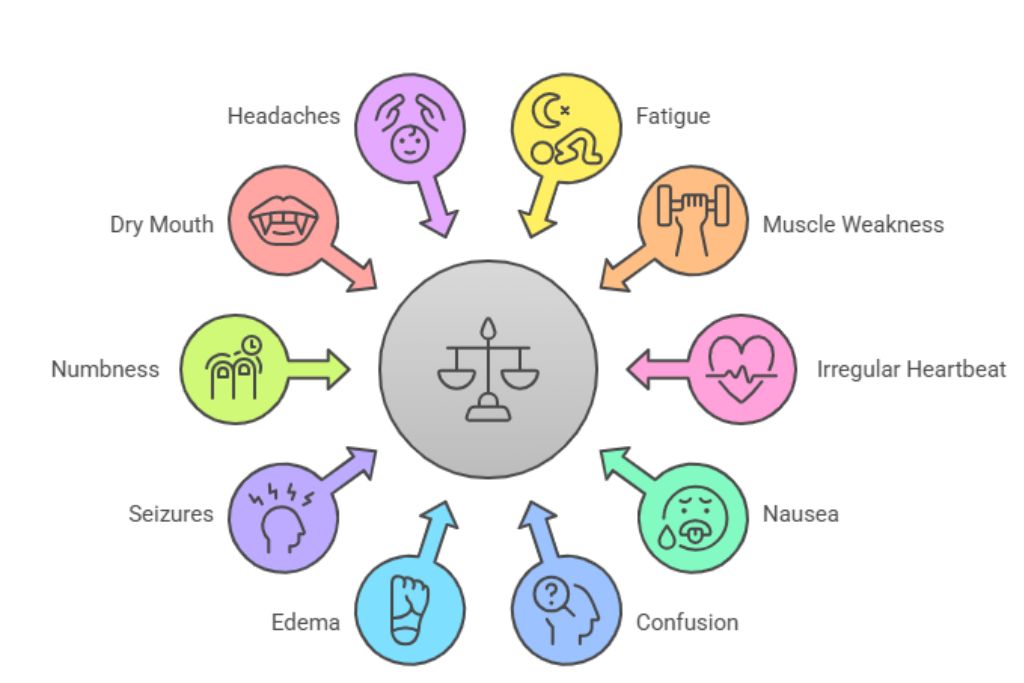
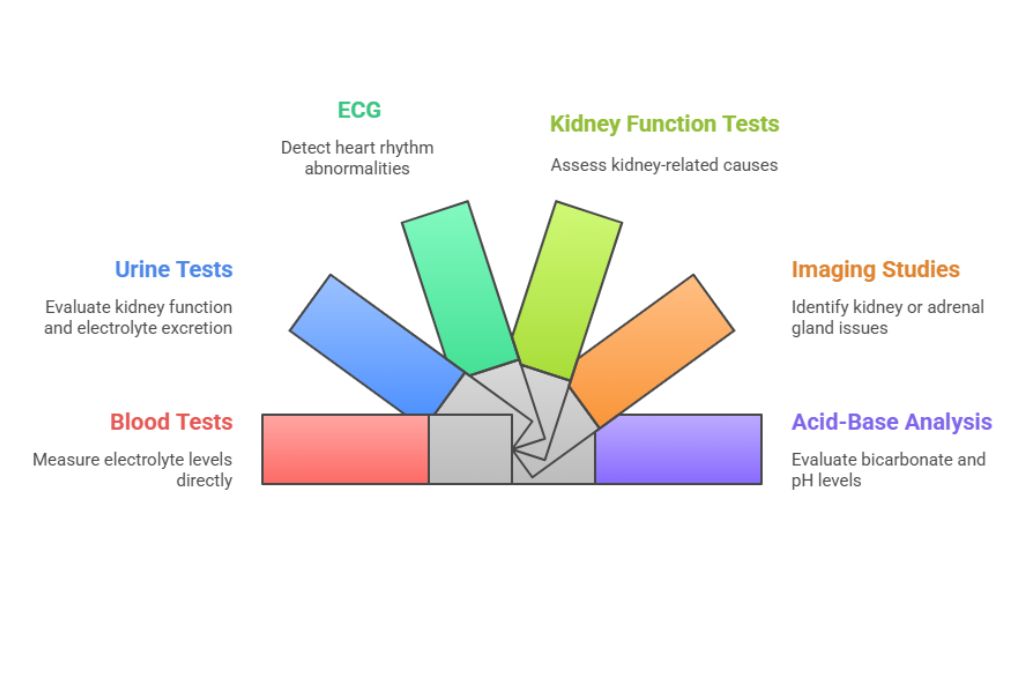


.png)
